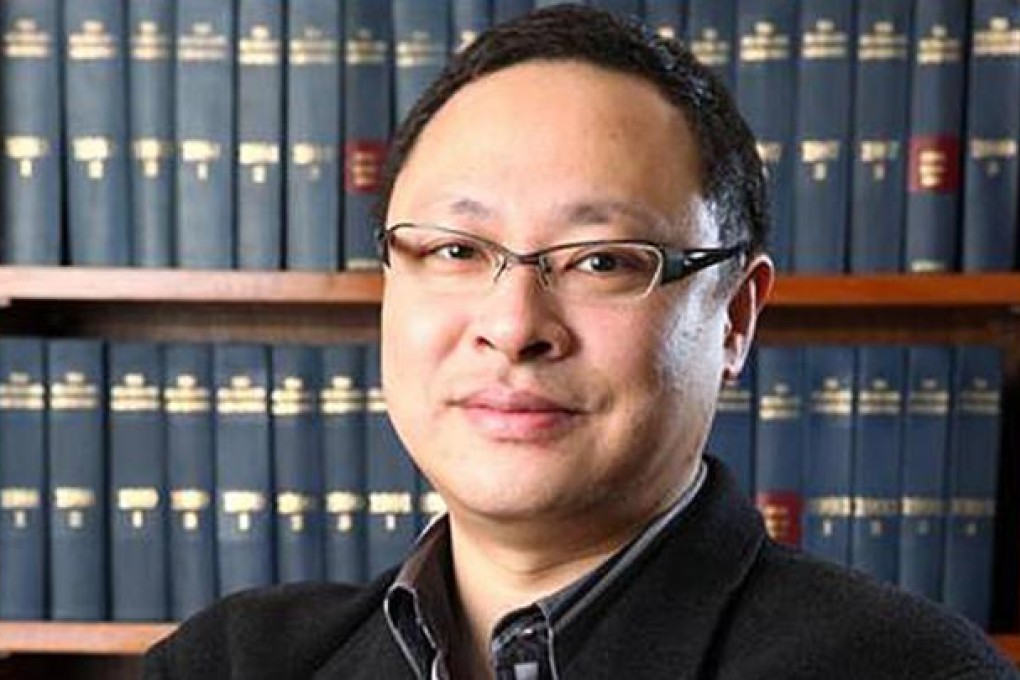Law expert plans a blockade for vote
HKU Professor Benny Tai is planning a massive exercise in civil disobedience to send a message to Beijing about its universal suffrage pledge

A leading law professor hopes to get tens of thousands of Hongkongers onto the streets in Central next year to pressure the central government to keep its pledge of allowing universal suffrage for the city.
But the plan, drafted by Dr Benny Tai Yiu-ting, an expert in constitutional law at the University of Hong Kong, is more ambitious than merely snarling traffic.
He hopes the exercise in civil disobedience will unify the pro-democracy camp and create a political culture that truly engages the public.
Tai unveiled this idea last month in his column in the Hong Kong Economic Journal. It has since been described as a "depth charge" that will shake up the current political deadlock.
Beijing has said Hong Kong could have universal suffrage for the chief executive election by 2017. Yet many Hongkongers fear the rules could be construed to favour the Beijing-friendly camp - for instance, by imposing a high nomination threshold for candidates.
The Hong Kong government has yet to begin a public consultation on the constitutional reform process.